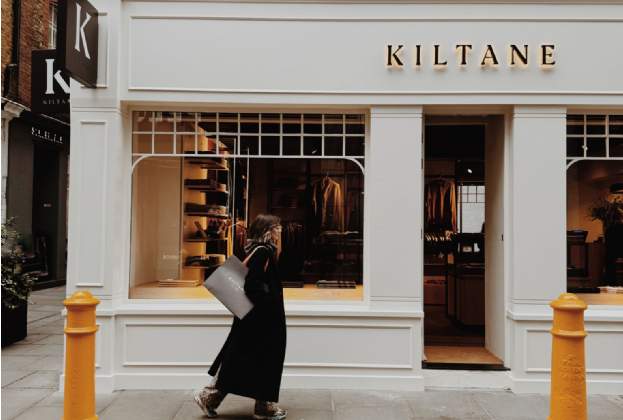This time of year is key for the health and fitness market. With more people signing up for a gym membership in January than any other month, what’s on offer for consumers and investors?
Today’s gym market is certainly varied. Budget brands such as easyGym and Pure Gym have undergone phenomenal growth, rapidly encroaching on the market share of ‘middle of the road’ operators such as Total Fitness and Fitness First. Their successes have been driven by consumers seeking low-cost or low-commitment options, such as cheap pay-as-you-go classes or 24/7 access. Since launching in 2009, Pure Gym has become the UK’s largest health and fitness operator with over 150 clubs. This is 50 per cent more than its nearest rival, Virgin Active. Pure Gym’s impressive portfolio was boosted in 2015 by the purchase of LA Fitness, marking the demise of the first major mid-market chain.
At the opposite end of the scale, a new type of luxury fitness offer is emerging. These operators, such as Barry’s Bootcamp and Kobox, are becoming forces to be reckoned with. Relying strongly upon creative marketing, such as social media and celebrity endorsement, and high levels of customer service, these operators firstly gain, then retain, loyal followings. Typically one-activity concepts (for example, spinning, functional training, bikram yoga, HIIT), they let customers pick and choose when they work out through a pay-as-you-go model at £15+ per class.
Increasingly, investors are also seeing the appeal of premium gyms. Boutique fitness first emerged in the US, led by concepts such as SoulCycle charging $30+ per spinning class. Investors are drawn to the rapid growth potential of this type of brand. Now similar concepts are arriving in London, such as Psycle, Ride Republic, Pure Ride, and 1 Rebel. By targeting consumers with high disposable incomes, the luxury end of the market is likely to weather any economic downturn and in the UK the sector is still at the point where rapid growth lies ahead. This combination of factors makes it very attractive to landlords and investors alike.
The focus on creating a community feel has proved equally powerful for this new generation of operators. Australian fitness franchise F45 Training has opened 500 sites globally since 2013, and wants at least 50 in the UK this year. Social fitness is at the heart of F45’s ethos, with 50,000 members participating in highly immersive team-based fitness experiences. Feeling part of a community drives consumers to return time and time again even when the cost is fairly high.
The gym market appears to be polarising. Significant growth looks set to continue at both the low cost and luxury ends of the scale. Mid-market operators are likely to be feeling the effects and could face challenging times ahead. That said, this increased range of options means there is now officially ‘something for everyone’, so there’s no excuse not to don your trainers this January.
Further information
(1)(1).jpg)
.jpg)







.jpg)
